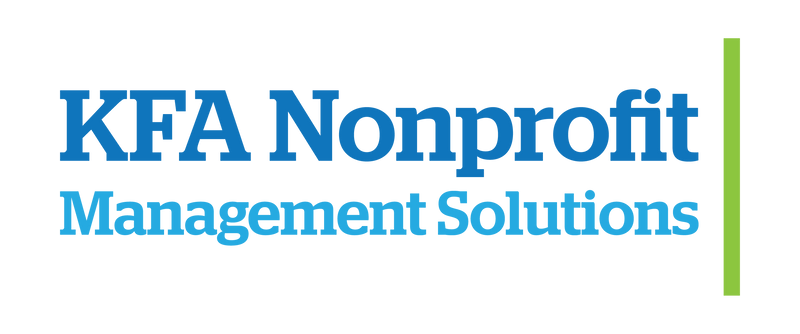
Three Washington D.C. nonprofits received some bad news last week. A deadline was missed, so $3.75 million in federal grant funding isn’t coming. That means reading centers at 19 schools probably won’t have funding to operate next year.
Lots of people are pointing fingers at who’s to blame for missing the deadline. I’m not familiar with the inner-workings of these organizations and their relationships with Washington D.C. municipal leaders, so I’ll refrain from offering conjecture or opinion.
But from my experience, I can tell you grant deadlines are missed and they’re missed often. Organizations of all shapes and sizes miss deadlines for a variety of reasons.
While simple procrastination is a sure-fire way to miss a grant deadline, there are two other leading causes of missed deadlines:
- Organizational bureaucracy, and
- Tight deadlines.
None of these should inhibit your organization's ability to win grant funding. They can be addressed.
Streamline Processes
The first solution is simply a matter of revising in-house policies and procedures.
Many organizations have layer upon layer of required administrative approvals before a grant proposal can be written, let alone submitted. For example, a request to even consider applying for a specific grant may require board approval. Well, what if your board only meets quarterly? The deadline may come and go before the board even meets.
Requirements like this delay the start of an already lengthy, time-consuming process. What’s more, approvals like this are generally unnecessary. It’s fine to tell your governing body that you’re seeking a grant, but formal organizational approval should only be required sometime between when the grant is submitted and when an award is actually accepted. Your organization can opt to decline the award before it’s awarded, if absolutely necessary to do so.
Tight Turnarounds
Organizations have no control over when a grant is announced or its deadline. You may have only a few weeks to submit a proposal after a grant program is announced. There are ways to minimize the impact of a tight turnaround.
Strategic planning is part of the solution. You should already know what kind of grants you want to pursue before you even know the grant exists. Federal? Private foundation grants? State programs? By knowing which type of grants to seek, you’ll be better prepared for the requirements that typically come with each type of grant.
The other solution is having ESP. That means you’ll know which grants will be available before the RFP is even published. Is this even possible, you ask? It’s a pretty good parlor trick, so I’m reluctant to share.
In truth, you can’t use ESP to determine when an RFP will be posted. But you can make educated guesses.
First, stay abreast of the news related to your focus area. Grants are intended to solve social problems. By knowing what’s making headlines at the local, state and federal levels, you can be aware of what could be coming down the pike. Usually, the social problems making the front page are the ones getting money thrown at them. (If you’ve been even tangentially aware of headlines since 2016, you shouldn’t be surprised by this new federal funding opportunity that opened back in February. Needless? Absolutely, but it’s out there nonetheless.)
You also need to keep up with funders. That task is a bit more laborious. KFA works primarily with federal grants, so I keep up with what’s going on in the federal government, especially the budget. I know which agencies are having a payday and which are getting cuts. Then, I pay close attention to the agencies – who is being appointed to head them and what are their priorities. This helps me anticipate when an RFP may be forthcoming so I can start helping clients prepare data and strategies.
Social Media
When it comes to private and corporate foundations, make social media your friend. Unless your organization is already on email and snail-mail distribution lists for these funders, social media is often the place you’ll first hear about funding opportunities. And by learning about opportunities early, you’ll have plenty of time to gather the materials you need to complete the RFP.
If you’re aware of foundations that support your mission, follow them on Twitter or Facebook. If not, follow organizations that post and retweet grant opportunities. (Hint: @kfanonprofit on Twitter.) Or you can purchase a subscription to a service that links you to foundation grant opportunities. It’s entirely your call.
Grant funding is never guaranteed, but it certainly won’t come through if you miss the deadline. Overcome some of the common pitfalls that lead to missed deadlines to better your chance of winning grants. And if you need help getting an application in under the wire, don’t hesitate to reach out. Tight deadlines don’t scare us in the least.

Procrastination is rarely one. The third is actually a lack of organizational [staff] capacity to manage the volume of grant writing necessary to fulfill the budget.